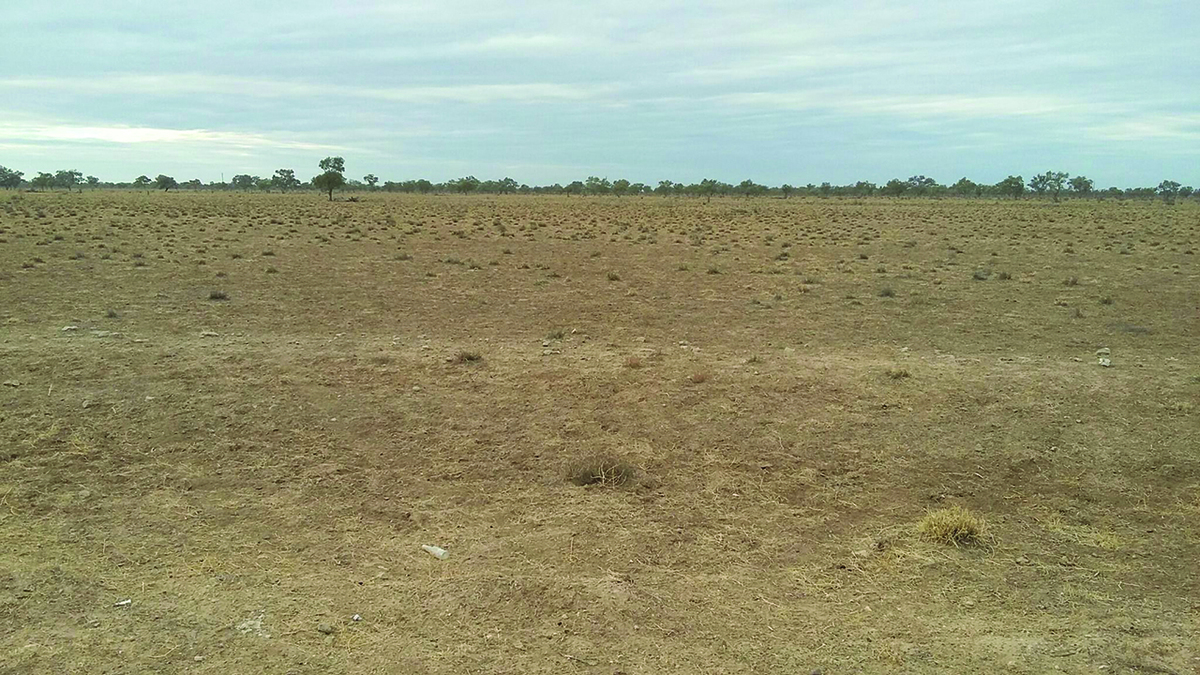Change ahead for for Rural Financial Counselling
Lee O'Connor
30 April 2021, 6:30 AM
 The Rural Financial Counselling Service in the Central Region has supported agriculture businesses through drought and flood. The Central Region will be under new management from 1 July 2021.
The Rural Financial Counselling Service in the Central Region has supported agriculture businesses through drought and flood. The Central Region will be under new management from 1 July 2021.FUNDING for the Rural Financial Counselling Services has been assured for the next four years following the announcement on Wednesday 28 April of more than $56 million for the program, winding back from the record $105million invested in the previous round on the back of drought, floods and bushfires around the country.
The competitive tendering process in this round has seen the number of providers across Australia again reduced - from 12 to 10 – although the federal government resisted a move to a state-managed model that has been flagged previously.
This time control of the Central NSW Region, which includes our area, was won by a Wagga-based provider who also manages the Southern NSW region.
Minister for Agriculture, Drought and Emergency Management David Littleproud said strong competition allowed the government to select proposals that will strengthen the service and drive better outcomes for clients.
“The Rural Financial Counselling Service program has been helping primary producers in need for more than 30 years,” Minister Littleproud said.
“The last round of funding alone helped more than 12,000 farmers across the country. I am pleased to continue this important investment in our rural communities."
Rural financial counsellors work one-on-one with clients by helping them to understand their financial position and take the necessary steps to get out of financial difficulty by bringing the business back to profitability or supporting a dignified exit from the industry.
The service began in the 1980s when drought and low commodity prices combined with soaring interest rates to cripple many farm businesses.
Originally managed by local community-based committees. Coonamble's service was later combined with Gilgandra, while still retaining two counsellors.
In 2006 a number of the services across Central and Western NSW combined to form the Central Region covering an area of more than 400,000 from the Blue Mountains to Bourke.
The last funding round, from 2016 to 2020, saw the region receive more than $7.2million in government funding.
The current provider, led by CEO Jeff Caldbeck, employs 18 counsellors including three bushfire recovery counsellors plus four small business coaches and seven regional office staff with at least ten staff based in Dubbo.
The majority of counsellors work from towns across the region, including Coonamble, Coonabarabran, Gilgandra and Walgett.
For much of the recent drought Coonamble was serviced by counsellors from neighbouring areas until December 2019 following a drought funding top-up that saw a Coonamble position created and Allison Davis appointed.
Staff in Dubbo and local communities across the Central Region will be looking for some certainty for their services with the handover due to begin in time for a July 1 commencement.
A spokesperson for the Department of Agriculture, Water and the Environment said, "There is no requirement to retain regional offices but transition plans were outlined in applications and considered in the Department's assessment process."
"As with any region, counsellor deployment will be based on the relevant service provider's analysis of needs and demand in their regions."
The number of 'active clients' supported by RFCs in the Central Region increased from 475 in 2016 to 675 in 2019.
Clients are likely to see more changes from July 1 as the program shifts its emphasis after an Internal Review that completed in December 2020.
“With drought, bushfire, floods and (the pandemic), this has been one of the toughest 12 months on record for our regional communities," Minister Littleproud said.
“Financial counselling has played a key role in helping our farmers to weather this series of economic shocks and navigate the path to recovery."
The recent review found that the current program objectives "do not adequately emphasise the importance of driving behavioural change."
The coming four years will see a renewed focus on fostering "a professional RFCS workforce and targeting RFCS activities at an individual level to effect industry scale change."
The overarching goal of the program is that clients who engage with the service become financially self-reliant and their businesses are better prepared to deal with risks.